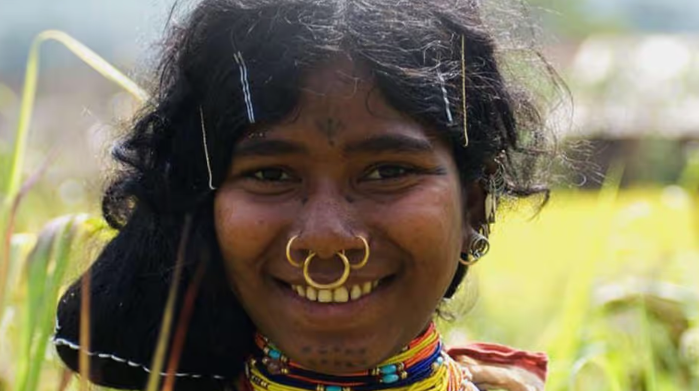Pradhan Mantri Janjatiya Unnat Gram Abhiyan (PMJUGA) (GS Paper 2, Government Policies)

Context
- On September 19, 2024, the Union Cabinet approved the Pradhan Mantri Janjatiya Unnat Gram Abhiyan (PMJUGA), aimed at enhancing the socio-economic conditions of tribal communities across India.
Overview
- The PMJUGA has an impressive outlay of ₹79,156 crore, with ₹56,333 crore allocated from the central government and ₹22,823 crore from state governments.
- This initiative is set to benefit over 705 tribal communities and will cover approximately 63,000 villages, as outlined in the Budget Speech for 2024-25.
- According to the 2011 census, India is home to around 10.45 crore individuals belonging to Scheduled Tribes, encompassing a diverse range of over 705 tribal communities.
Key Interventions
The PMJUGA comprises 25 strategic interventions to be implemented by 17 different ministries. Each ministry will manage the initiatives relevant to its mandate, utilizing funds from the Development Action Plan for Scheduled Tribes (DAPST) over the next five years. The primary goals of the initiative include:
- Housing and Infrastructure: Providing pucca houses to eligible households along with other entitlements, and enhancing village infrastructure.
- Economic Empowerment: Promoting skill development, entrepreneurship, and self-employment opportunities to boost economic independence.
- Education Access: Ensuring universal access to quality education for tribal communities.
- Health and Wellbeing: Fostering healthy lives and dignified aging through improved healthcare services.
Prominent Schemes under PMJUGA
Several targeted programs have been designed to meet the unique needs of tribal communities:
- Tribal Home Stay Initiative: To capitalize on the tourism potential of tribal regions, 1,000 home stays will be established under the Swadesh Darshan scheme, providing alternative livelihood options for local communities.
- Sustainable Livelihoods for Forest Rights Holders: This initiative aims to introduce sustainable agricultural practices to individuals holding Forest Rights Act (FRA) pattas, facilitating the conservation of forest resources.
- Infrastructure Development in Educational Institutions: The Abhiyan will enhance facilities in Ashram schools, hostels, and government residential schools, aligning their standards with PM-Shri Schools.
- Tribal Multipurpose Marketing Centres (TMMCs): To support the marketing of tribal products, 100 TMMCs will be established, focusing on infrastructure development, awareness campaigns, branding, packaging, and transportation.
- Health Services for Sickle Cell Disease: Advanced diagnostic facilities will be set up to improve health outcomes for communities affected by sickle cell disease.
Conclusion
- The Pradhan Mantri Janjatiya Unnat Gram Abhiyan represents a significant commitment to uplift the tribal population in India through comprehensive socio-economic initiatives.
- By focusing on housing, economic empowerment, education, and health, the scheme aims to foster sustainable development and enhance the quality of life for tribal communities across the nation.


